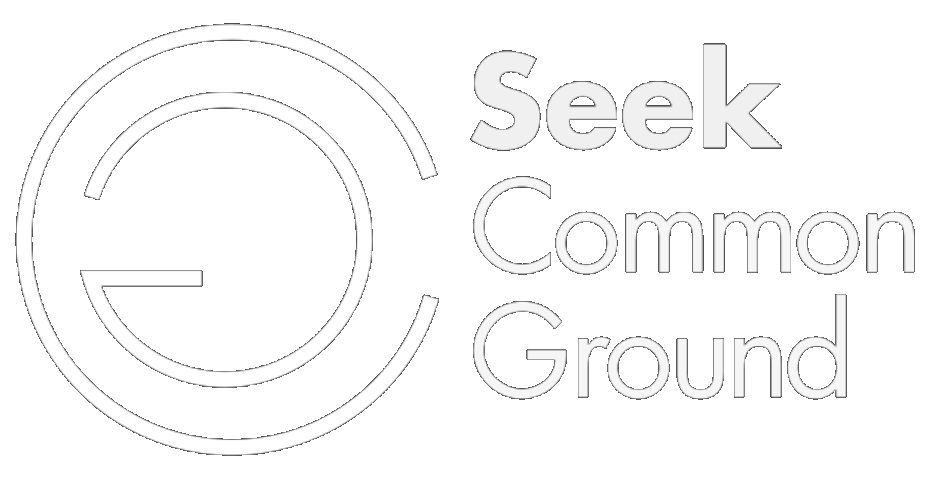
Mission: By 2025, all students, and particularly Black and Brown students, have equitable access to the resources, opportunities and supports they need to be successful in college, career, and life.
Project: BBCEEE conducted focus groups and one-on-one interviews to deeply explore barriers to virtual learning for Black, Brown and low income students. Study findings were captured in partnership with the University of Maryland School of Public Health and formed the foundation of a communal learning event for coalition members who used the participants’ experiences to shape the Coalition’s next advocacy “asks”.
Outcomes: The Coalition was able to elevate participant voices to the larger community, public officials and other key decision makers by featuring the study and our new advocacy asks at a recent community forum, highlighting them in testimony before the Montgomery County Board of Education and sharing them through the media.
Collateral
A collection of news articles covering BBCEE’s accountability forums.
The COVID-19 pandemic has unearthed and exacerbated long-standing educational disparities for underserved Black, Latino, and low-income students in Montgomery County Public Schools (MCPS) in Maryland. However, the pandemic – and all of the systemic efforts to transform how and where students learn – offers a unique and urgent opportunity to address these disparities, during the pandemic and beyond.
PREAMBLE: Building on the original asks of the Black and Brown Coalition for Educational Equity and Excellence, access to effective and diverse teachers and leaders is more urgent now than ever, as we grapple with the current reality for students who are the most underserved
As we embrace a new year, let’s together resolve to end an old crisis: the staggering number of students failing.
New data released by Montgomery County Public Schools reveal percentage-point increases of 24.2 and 15.5 in failure rates for, respectively, Hispanic and Black students living in poverty. They are falling so far behind that the detrimental impact on their lives will likely persist for years to come.As we embrace a new year, let’s together resolve to end an old crisis: the staggering number of students failing.
New data released by Montgomery County Public Schools reveal percentage-point increases of 24.2 and 15.5 in failure rates for, respectively, Hispanic and Black students living in poverty. They are falling so far behind that the detrimental impact on their lives will likely persist for years to come.
Nationwide, few school districts have made changes to deal with the inequities laid bare by new data on per-school spending that a federal law required them to release this year. But Montgomery County Public Schools in Rockville, Maryland, is well on its way -- and it's paying close attention to how spending is tied to student outcomes.
As the Biden administration prepares to take office, it will need to remedy a distrust of science, which, though stoked by Trump, has a much longer history. While some believe that people who distrust science are being willfully ignorant, the reality is that people of all political mindsets have good reasons to distrust research and data. The medical and social sciences — like other American institutions — have been plagued by systemic racism, from the Tuskegee syphilis study to contemporary portrayals of the deficits of Black families. The federal government’s evidence-based policy initiatives also have alienated some low-income and minoritized communities as top-down imperatives driven by far-away policymakers in Washington D.C.
Nine months after the pandemic closed down Stedwick Elementary School, learning in suburban Montgomery County is still all remote. But while most students plug in on laptops from home, some are on campus, working from holiday-decorated classrooms.
They are part of “equity hubs” that bring small groups of children together, so that parents who struggle financially have a safe, supervised place for their children to focus on online learning. The hubs are akin to the “pandemic pods” that more affluent families have created, often hiring tutors or teachers.







